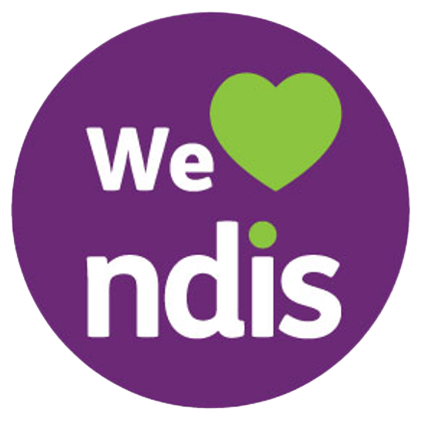Two Parallel Journeys
It’s a hard decision to make when a loved one is at a point in their life when they need specialised care beyond what a family can offer. My own mother always told we three daughters to never, ever put her in a nursing home. Ever. Full stop. We never got to the point of having to make that decision, but many do.
Once that decision is made, two journeys begin. One journey for the resident with the full support, hopefully, of their family. A second journey for the Aged Care Facility. Both journeys can be fraught with challenges.
The journey for the family is, ideally, one where every family member is on the exact same page. Let’s not fool ourselves, this often is not the case. I’ve met husbands, sons, daughters etc many who each have their own differing opinions and expectations around the care of their loved one. Some, through no fault of their own, have no understanding of the ageing process or what is realistically involved in aged care living. They often react to situations rather than calmly responding, with thought and consideration, of what is going on. Of course, overseeing the care of a loved one, when a degree of control is removed from the family, is stressful and bound in emotions sometimes fuelled by feelings of guilt or conflict. Accepting the advice of those who are experienced in all the areas of health, nutrition, safe consumption of food and fluids, maintaining contact with family members and having appropriate social activities, can be a challenge for some relatives.
The parallel journey of course is taken by the Aged Care Facility staff. Their job is to navigate, not only the increasingly complex administrative side of nursing and the actual, ‘on the ground’ care of their residents but also the demands of the families themselves. The current COVID environment accentuates yet another layer to all this, with the ongoing level of care and support, not only for the residents but also the support our aged care workers themselves deserve.
Findings in the recent Royal Commission into Aged Care, has placed a huge spotlight on every facility; the public scrutinising every move that is made. Of course, there are enormous benefits to be had for the sector in their recommendations. All of this though has added even more layers of stress and work, to every facility manager and staff member. Education and access to the expertise allied health professionals offer has been one of those recommendations and has been lauded by the facilities I’ve been involved with.
Our ability to swallow food and liquid safely, without any discomfort, coughing or risk to our health, is something we take for granted. It’s a fully automated process for the healthy person. Although most people have experienced an occasion when ‘the food went down the wrong way’ there has been little thought of that being life-threatening.
For ageing residents or loved ones, eating or drinking a simple meal can be life-threatening. We can no longer just pass off a resident’s seemingly innocent cough, with a comment such as ‘Oh, they always cough like that.’ No. Coughing is one of the most easily recognised and obvious signs of a swallowing problem. Lucky for them that they’re coughing because that’s an alarm bell to us that something is not right. The more insidious danger is when a resident is silently aspirating. Silent aspiration is when the food or fluid silently slips into the airway, without any obvious signs. Food or fluid in the airways means the resident is heading for a lung infection, even pneumonia which can cause chest pain on breathing or coughing, confusion or changes in mental awareness. Hospitalization if needed, can cause further infection, further confusion and disorientation for the resident. No one wants that outcome.
With 40 years’ experience working in aged care facilities, speaking to hundreds of residents, staff and family members, I understand swallowing safety. Put your staff in the enviable position of having an up-to-date understanding and knowledge of what to look for and expect in caring for this basic function of the resident’s care, as well as the new international standards of food and fluid modifications (IDDSI). The small investment to ensure the safety of every resident, by empowering your staff with education, is well worth the investment.
Email for discounts to suit your staff numbers and I’ll respond personally. We have recently shifted our Safe Swallowing Education Course to a new, even easier to navigate platform. www.safeswallowing.com.au contact or support@safeswallowing.com.au






